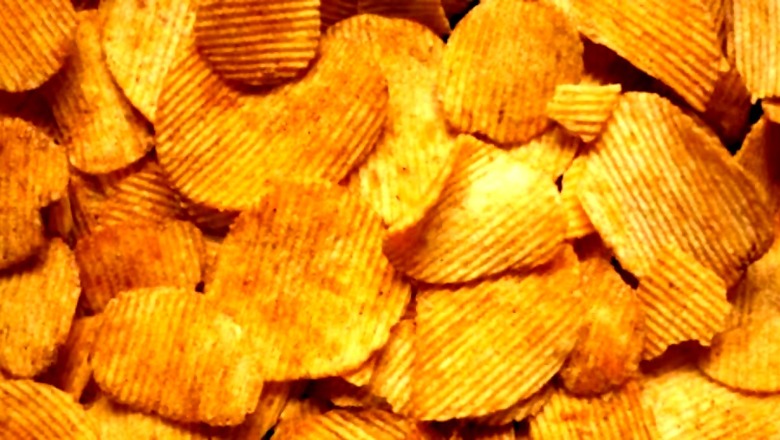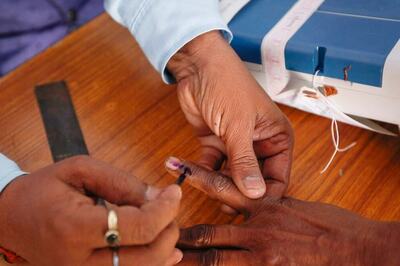
views
Potato chips and fries are the most popular salted snacks made from thinly fried potatoes. The snack makers preserve the potatoes at low temperatures in cold storage to have an endless supply of snacks. This leads to health concerns like cancer but now, a team of scientists from Michigan State University has found a solution to this problem.
This team was led by the professors Jiming Jiang and David Douches. They have found a key mechanism behind the darkening of the cold-stored potatoes. The mechanism is also the reason behind the potential health concerns associated with this variety of potatoes. Their findings have been published in a journal named The Plant Cell on February 20.
The researchers have worked to create potatoes unaffected by the CIS (cold-induced sweetening). Cold-induced sweetening converts the starches to sugars which when combined with the processing tubers leads to darkened chips and fries. It also produces acrylamide, a carcinogenic compound formed during high-temperature processing. Acrylamide has been linked to health concerns including an increased cancer risk.
There are techniques to reduce the sugar content in the cold-stored tubers but they are expensive and can impact the flavour of the snack as well. Jiming Jiang, one of the professors under whose leadership this research was undertaken had a word with the Michigan State University. He said,” We’ve identified the specific gene responsible for CIS and, more importantly, we’ve uncovered the regulatory element that switches it on under cold temperatures.” He added, “By studying how this gene turns on and off, we open up the possibility of developing potatoes that are naturally resistant to CIS and, therefore, will not produce toxic compounds.” Jiang is a Professor in the departments of Plant Biology and Horticulture at MSU Research Foundation.
Jiang has been researching potatoes for 20 years now and has dedicated his career to reducing the Acrylamide in these vegetables. He started his work to minimise acrylamide in potato chips and fries at the University of Wisconsin-Madison. There, he and his team published a paper in 2010 identifying a key gene responsible for potato CIS. Jiang then moved to the Michigan State University.
Jiang and his team worked to identify which elements of that gene could be modified to stop the process of cold-induced sweetening. Researchers used a combination of gene expression analysis, protein identification, and enhancer mapping to pinpoint the regulatory element controlling the CIS gene.




















Comments
0 comment